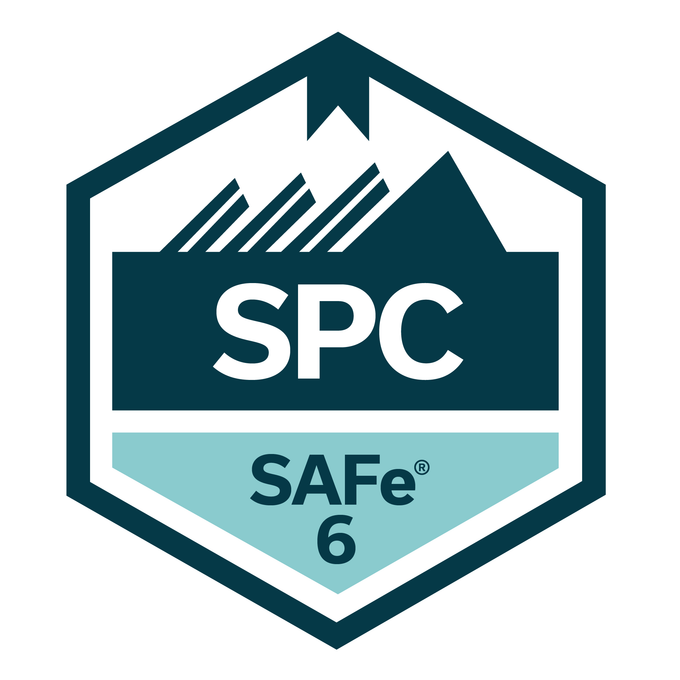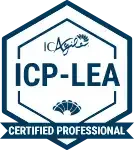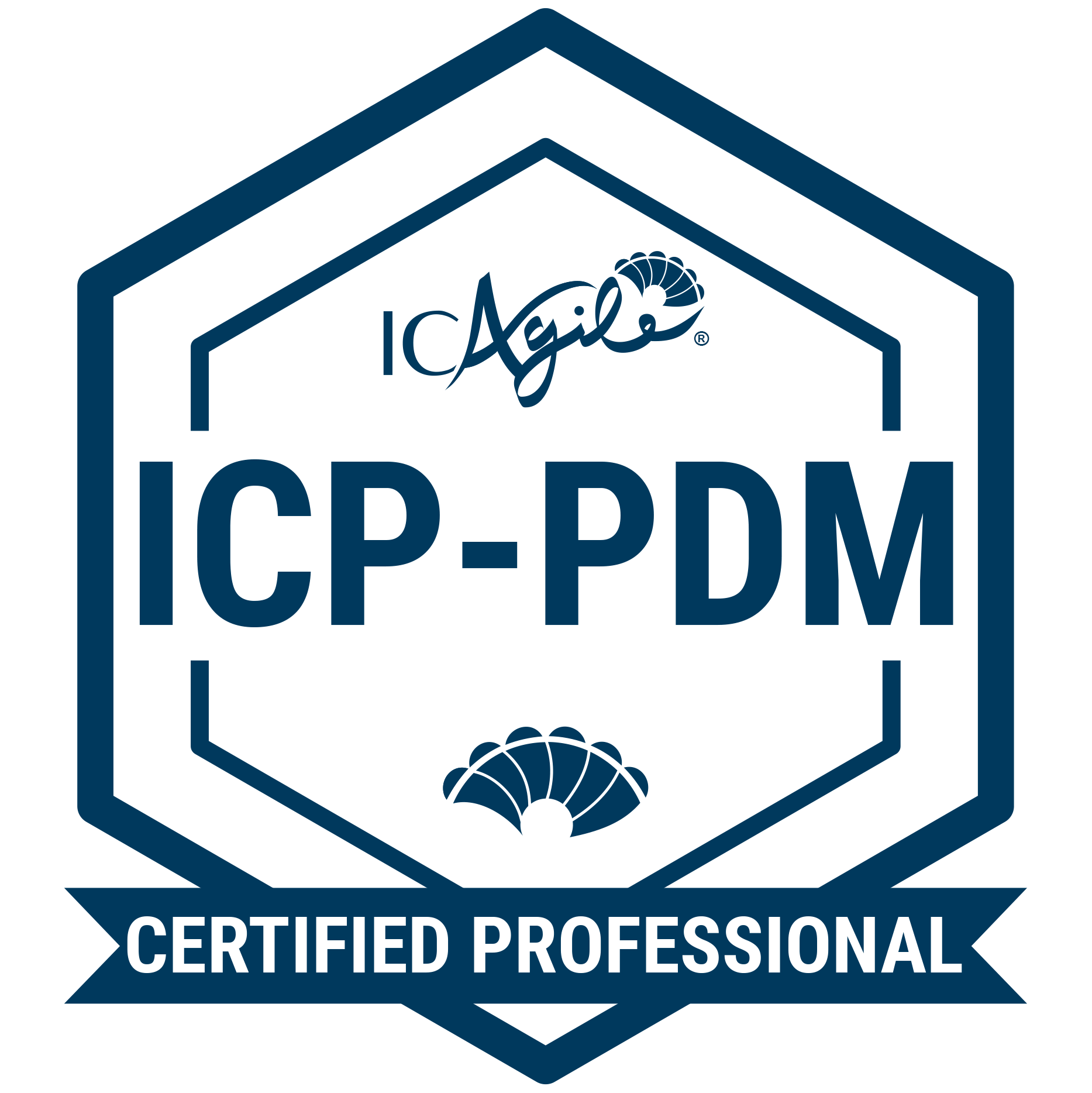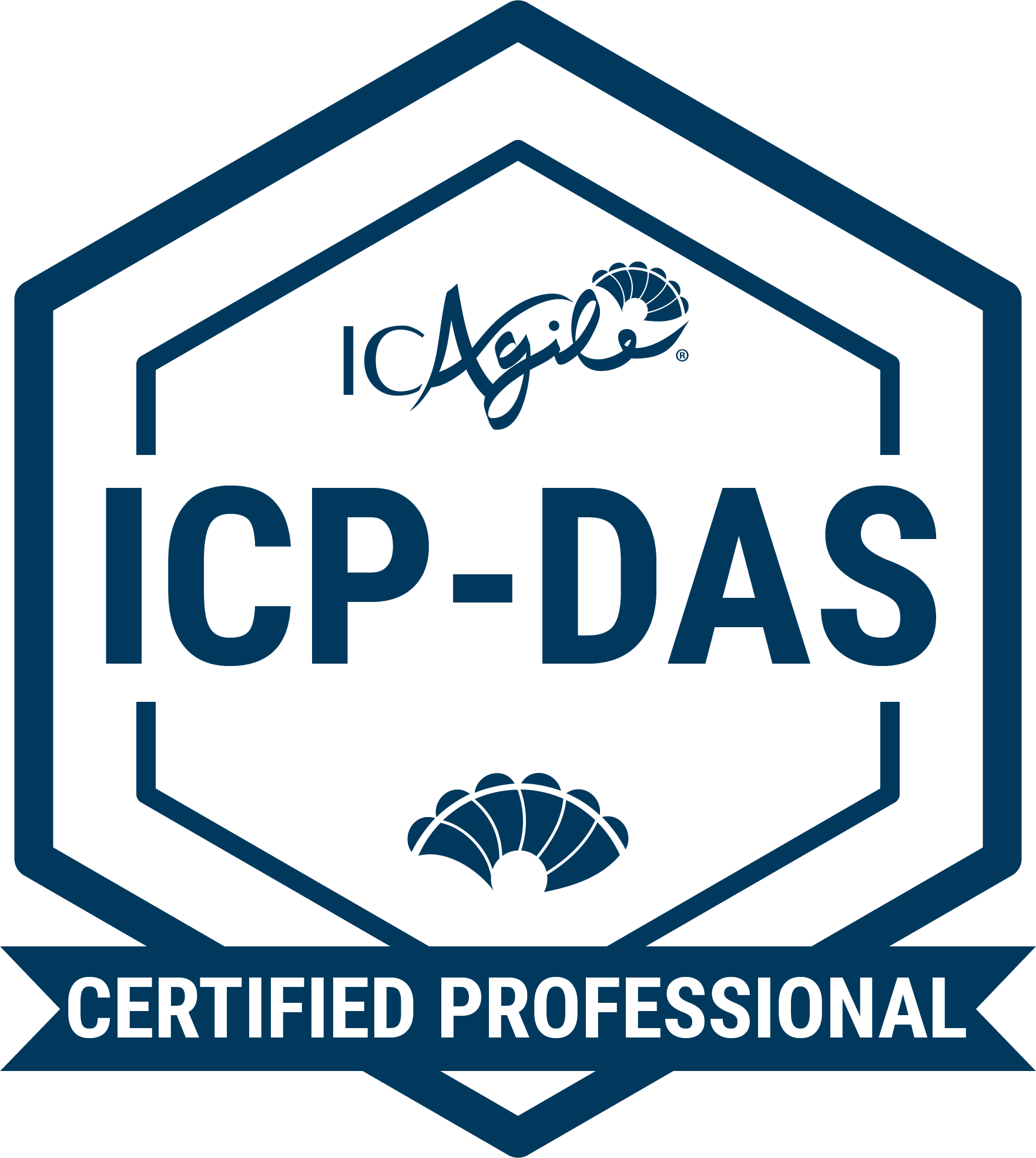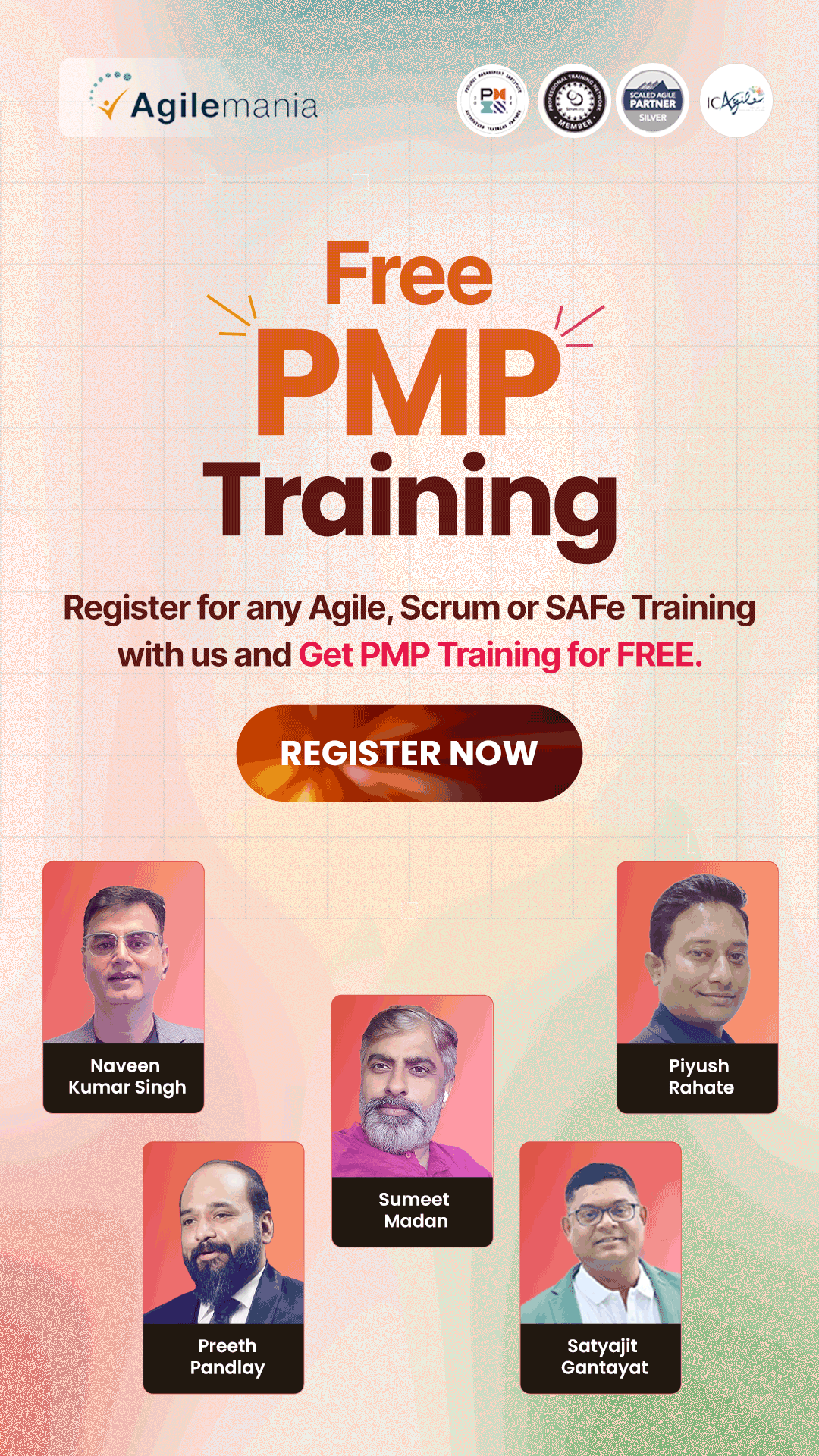You're off to a great start if you took part in Agilemania's PSPO I training.
To help you study, review, and ace the PSPO I exam, this guide was created especially for
you.
Links to practice tests, essential subjects, useful tips, and carefully chosen
resources are all available here. It's all you need to boost your self-confidence and
successfully complete the certification process.
For easy last-minute preparation, we suggest you bookmark this page so you can
access it whenever you want. And don't worry, we've kept things lighthearted, cordial, and
concentrated on what really counts—helping you succeed.
What's Next After Your PSPO I Training?
Now that you've completed your PSPO I training, it's time to take the next
exciting step: the exam.
Here's the deal: you get two attempts. Your first attempt needs
to be taken within 14 days from the day you receive your password. We're
confident you'll crush it on the first try!
But hey, life happens; if for any reason things don't go as planned, pause before
jumping into your second attempt. Instead, reach out to our expert coaches and
consultants. We're here to support you, review what went wrong, and help you get back on
track with a strategy that works.
Here's a checklist to help you pass the PSPO I exam:
Remember the Basic Rules of Scrum
Make sure you understand the fundamental Scrum rules before starting the test.
They serve as the basis for a lot of questions, and your achievement.
- One Product - One Product Owner, no matter how many teams are working on that product.
- Scrum has only one purpose – to create DONE increments.
- Every event is Timeboxed.
- Every event is an opportunity to create Transparency to Inspect and Adapt.
- Every Artifact enables Transparency.
- Each Accountability serves a specific purpose.
Things to Remember as Product Owners
As a Product Owner, here are some essential points to remember that capture the
essence of your position.
- Scrum Teams are self-managing. No one directs anyone on the Scrum Team. Each accountability
collaborates with others to create value for customers.
- Scrum recognizes no sub-teams (DB, UI, UX, Dev, Test) neither does it recognize any phases
(Analysis, Design, Coding).
- 1333515843 –
- 5 Events– Sprint timeboxed for 1 month, Sprint Planning timeboxed 8
hours, Daily Scrum timeboxed 15 minutes, Sprint Review timeboxed for 4 hours, Sprint
Retrospective timeboxed for 3 hours
- 3 Artifacts + 3 Commitments– Product Backlog, which has a
commitment to the Product Goal and is owned by the Product Owner. Sprint Backlog,
which has a commitment Sprint Goal and is owned by Developers. Increment, which has
a commitment Definition of Done and the entire Scrum Team is responsible for making
it Valuable and Useful for users.
- 3 Accountabilities – Product Owner maximizes Value, Developers
create DONE increments, and Scrum Master enables Scrum and effectiveness within the
Scrum team.
Some more aspects to remember when you answer the questions:
- Scrum is NOT a PROCESS or METHOD
- Transparency is NOT a VALUE.
- Product Owner is NOT a COMMITTEE
- WHAT IS NOT DONE is NOT RELEASABLE
- Scrum Master is NOT a MANAGER
- Scrum Master is NOT a PROBLEM SOLVER
- Developers are NOT RESOURCES
Tips: Set yourself up for success by choosing the right time and
place for your exam. Take it during your prime hours, when you're most alert and focused. Make
sure you're in a quiet, comfy spot where you won't be interrupted. A peaceful environment goes a
long way in helping you think clearly.
As for timing, you'll have 60 minutes to answer 80 questions,
which is usually enough. But here's a pro tip: keep an eye on the clock. Don't get stuck on a
tricky question; if something feels time-consuming, bookmark it and move on. You can always come
back to it later.
What to Expect Next
After the training, your details are being processed with Scrum.org, and you'll
receive your exam invite and password shortly via email.
In the meantime, start preparing for your first attempt; it's your best shot, and
we believe you'll do great!
And a quick heads-up: sometimes these emails land in the
SPAM or Promotions folder, so be sure to check there too, just in case.
Books
These are some books that can help you strengthen your knowledge on some of the
concepts from your PSPO training:
Additional Resources
Want to go the extra mile? Here are some additional resources to deepen your
understanding and boost your confidence before the exam:
Read Our Blog
Looking for more tips, insights, and real-world Agile wisdom? Head over to the
Agilemania blog — your go-to space for all things Scrum, Agile, and SAFe.























